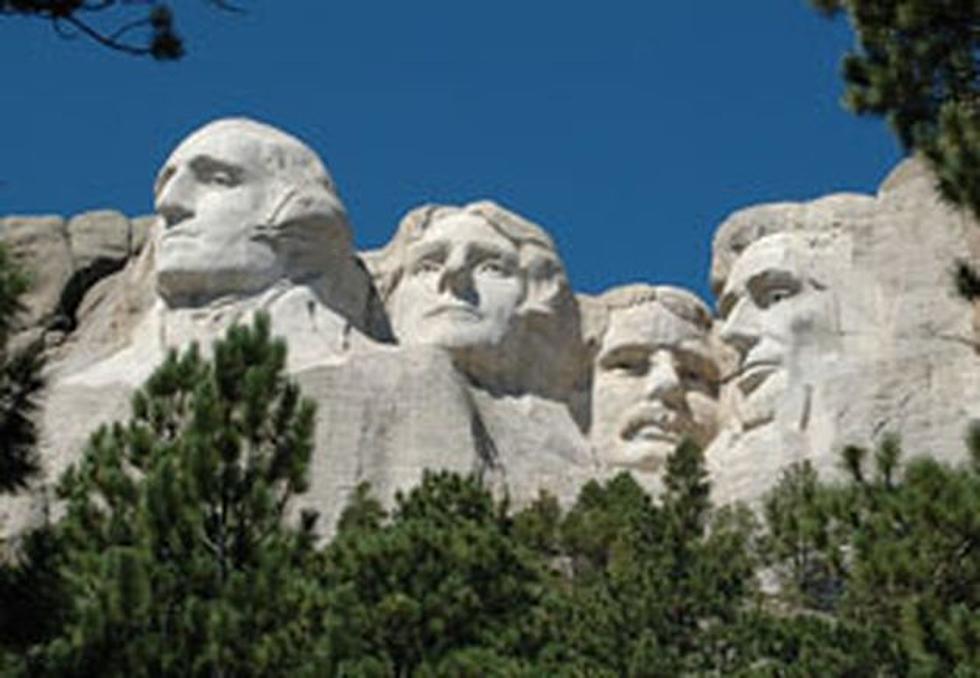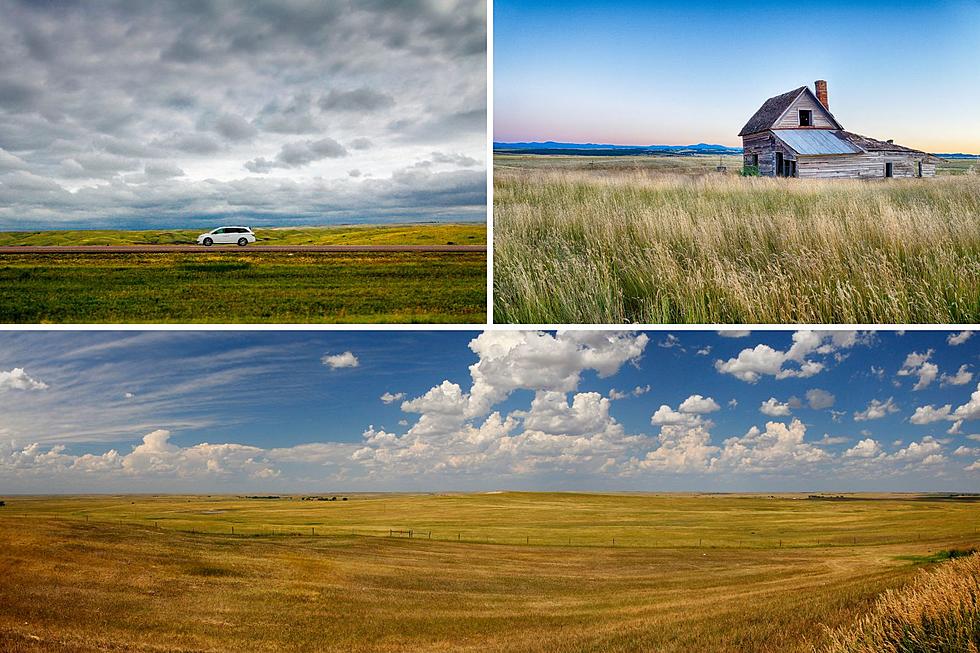
Why Were the Faces Chosen for Mount Rushmore?
For most of us, just being able to name the four faces on Mount Rushmore is an accomplishment. I am a native of South Dakota, and I even have to take a little breath of air and think for a few seconds before answering who's all on there.
When I travel a long ways from home and get into a conversation with someone, usually they say, 'Mount Rushmore' in responding to me telling them what state I'm from. Rarely can they tell me anything else about South Dakota, but they know of the national monument located there. Even if they've never seen it in real life, they know what it is and what it looks like.
So we can list the four faces as U.S. presidents George Washington, Thomas Jefferson, Theodore Roosevelt, and Abraham Lincoln. But why were they chosen to be on Mount Rushmore? Also, I have a quick history article regarding the monument itself.
Now let's answer the question as to why the four faces were chosen. It was the actual sculptor Gutzon Borglum who selected what four faces would be carved into his masterpiece to represent the first 150 years of American history.
George Washington One of the Founding Fathers of the United States, serving as the commander-in-chief of the Continental Army during the American Revolutionary War. He also presided over the convention that drafted the Constitution, which replaced the Articles of Confederation. The Constitution established the position of President of the republic, which Washington was the first to hold. Washington had a vision of a great and powerful nation. At his death, Washington was hailed as 'first in war, first in peace, and first in the hearts of his countrymen'.
Thomas Jefferson An American Founding Father, the principal author of the Declaration of Independence (1776) and the third President of the United States. Jefferson was the first United States Secretary of State (1790–1793) serving under President George Washington. Elected president in what Jefferson called the Revolution of 1800, he oversaw the purchase of the vast Louisiana Territory from France (1803), and sent the Lewis and Clark Expedition (1804–1806) to explore the new west. Jefferson signed into law a bill that banned the importation of slaves into the United States. He spoke five languages fluently and was deeply interested in science, invention, architecture, religion and philosophy, interests that led him to the founding of the University of Virginia after his presidency.
Theodore Roosevelt The 26th President of the United States (1901–1909). Roosevelt was 42 years old when sworn in as President of the United States in 1901, making him the youngest president ever; he beat out the youngest elected president, John F. Kennedy, by only one year. In 1901, President William McKinley was assassinated and Roosevelt became President. Roosevelt was also the first of only three sitting presidents to have won the Nobel Peace Prize. Roosevelt coined the phrase 'Square Deal' to describe his domestic agenda, emphasizing that the average citizen would get a fair share under his policies. Roosevelt's policies were characterized by his slogan, 'Speak softly and carry a big stick'. Roosevelt was the force behind the completion of the Panama Canal; sent the Great White Fleet on a world tour to demonstrate American power; and negotiated an end to the Russo-Japanese War, for which he won the Nobel Peace Prize.
Abraham Lincoln The 16th President of the United States, serving from March 1861 until his assassination in April 1865. Lincoln successfully led the United States through its greatest constitutional, military, and moral crisis – the American Civil War – preserving the Union. His Gettysburg Address of 1863 became the most quoted speech in American history. At the close of the war, Lincoln held a moderate view of reconstruction, seeking to reunite the nation speedily through a policy of generous reconciliation in the face of lingering and bitter divisiveness. Six days after the surrender of Confederate commanding general Robert E. Lee, however, Lincoln was assassinated by actor and Confederate sympathizer John Wilkes Booth. Lincoln's death was the first assassination of a U.S. president and sent the nation into mourning. His efforts toward the abolition of slavery include issuing his Emancipation Proclamation in 1863, encouraging the border states to outlaw slavery. Lincoln has been consistently ranked by scholars and the public as one of the greatest U.S. presidents.
More From KXRB









